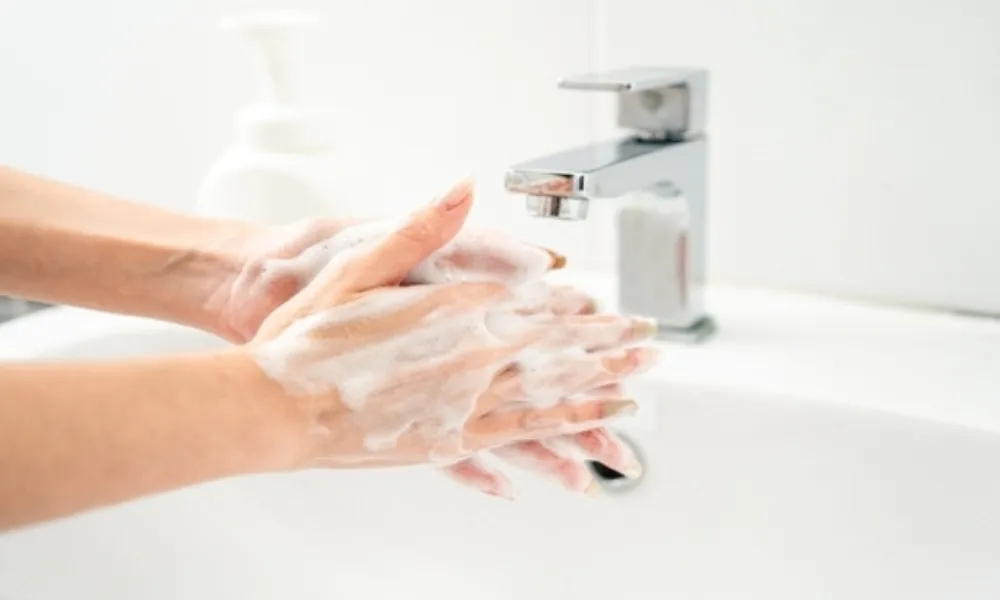Every year on 15 October, the world observes Global Handwashing Day, an initiative launched in 2008 by the Global Handwashing Partnership, a coalition of public and private organisations working to raise awareness about the importance of handwashing with soap and water. The aim is simple but powerful: to remind people that one of the easiest and most affordable ways to prevent disease and protect lives lies literally in our hands.
According to the Centre for Clinical Epidemiology and Outcomes Research (CLEO), contaminated hands are among the main ways infectious microorganisms spread from person to person. Clean hands are therefore a fundamental defence against the transmission of infections and diseases, not only in hospitals and clinics but also in schools, workplaces, public spaces, and homes.
Proper handwashing, experts stress, prevents most hospital-acquired infections, many of which lead to prolonged hospitalisation or even death. It also goes far beyond health: maintaining good hand hygiene supports well-being, reduces absences from work and school, and improves productivity.
The World Health Organization (WHO) highlights that regular and effective handwashing with soap can reduce gastrointestinal infections by up to 30% and respiratory infections by up to 20%. It also plays a crucial role in limiting the spread of epidemic pathogens such as cholera, Ebola, SARS, hepatitis E, COVID-19 and monkeypox.
In the broader picture, good hand hygiene protects against healthcare-associated infections, helps to slow the spread of antimicrobial resistance, and reduces the burden of communicable diseases, particularly in developing regions where neglected tropical diseases remain prevalent.
To mark this year’s Global Handwashing Day, CLEO emphasised that the simple act of washing hands at the right time remains one of the most effective measures to prevent life-threatening infections and to contain microbial resistance. The organisation continues to train healthcare professionals and raise community awareness on proper handwashing and antiseptic use, ensuring that prevention remains at the heart of public health efforts.
As the WHO reminds, clean hands save lives, a message as relevant today as ever in a world where global health depends as much on science as on everyday habits.
Source: AMNA
